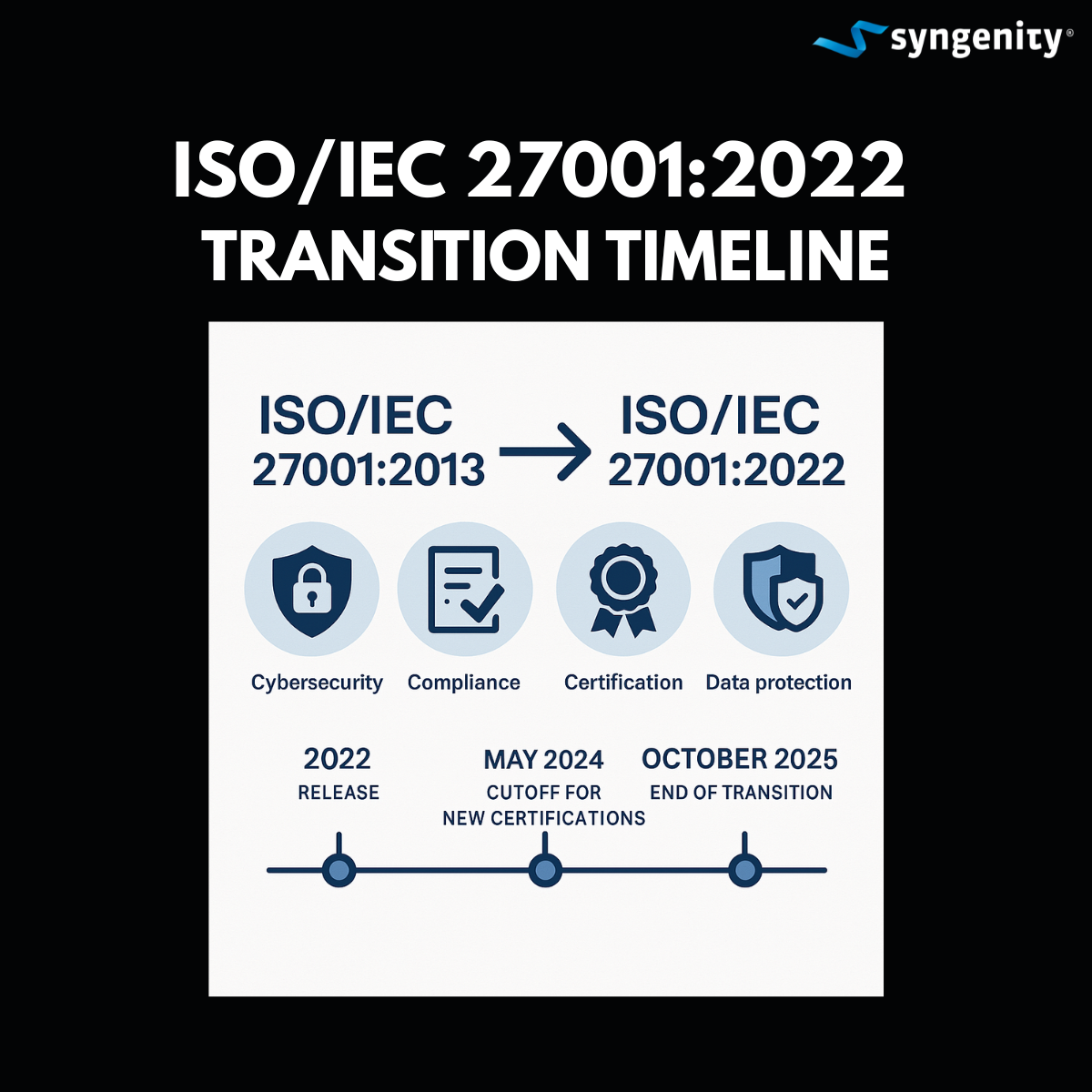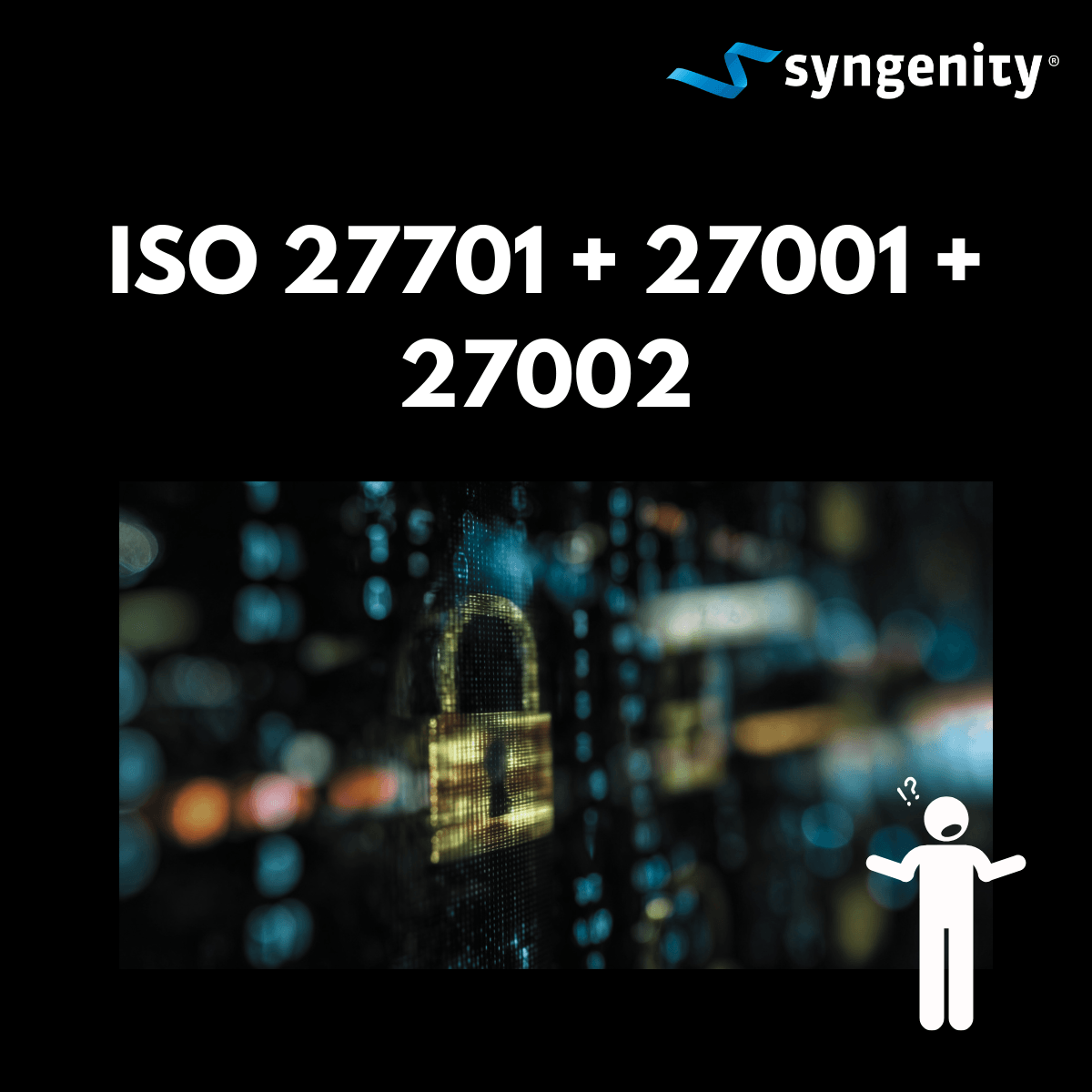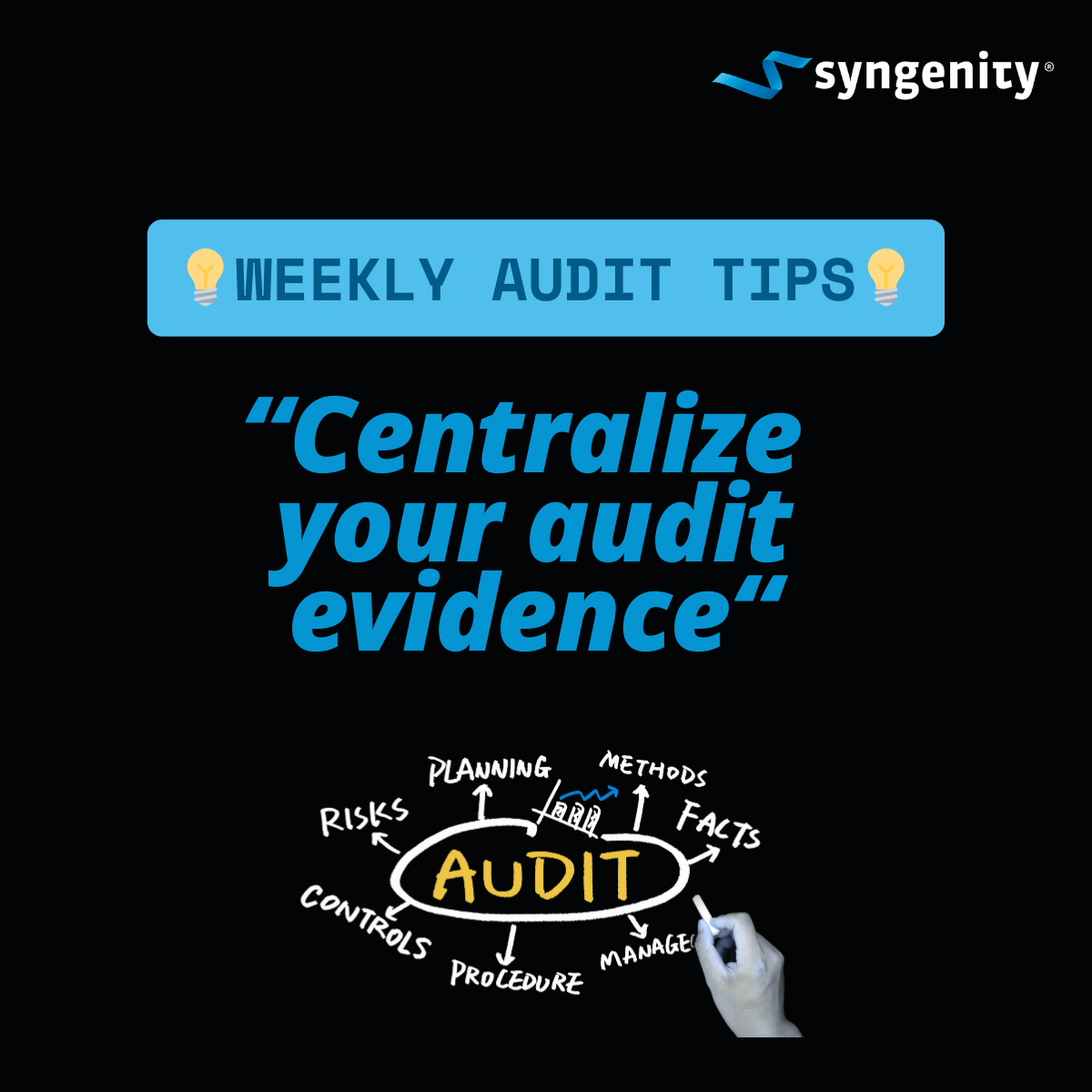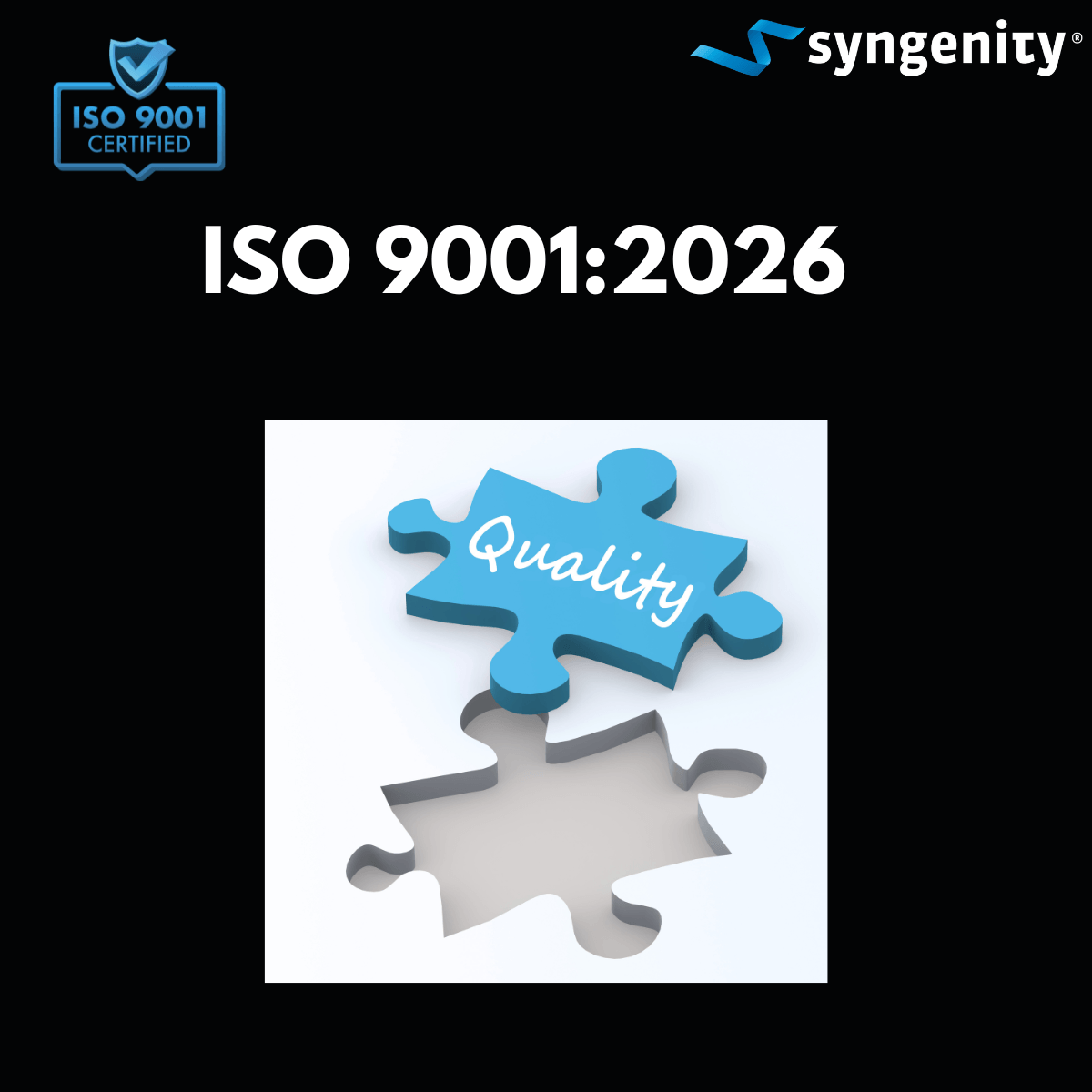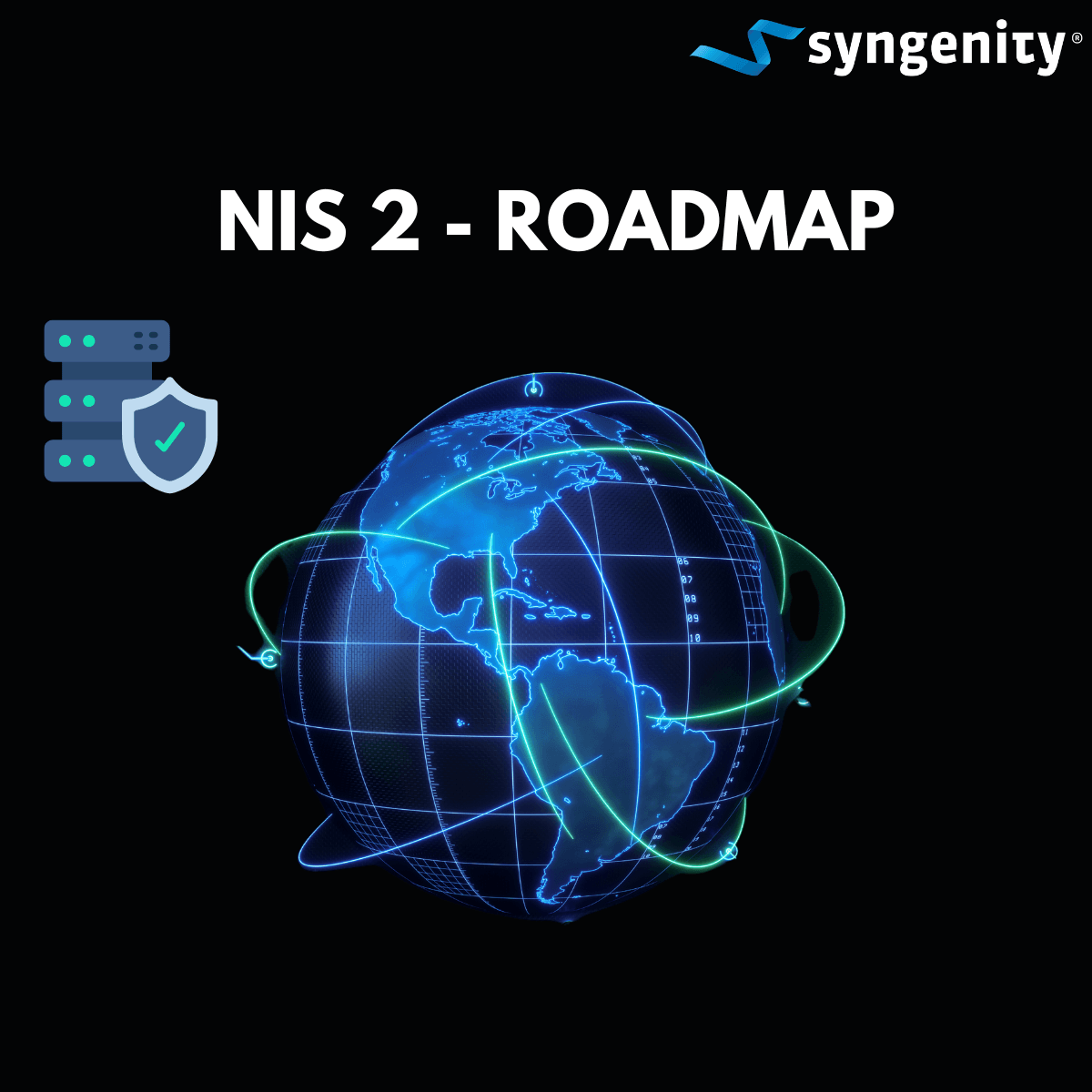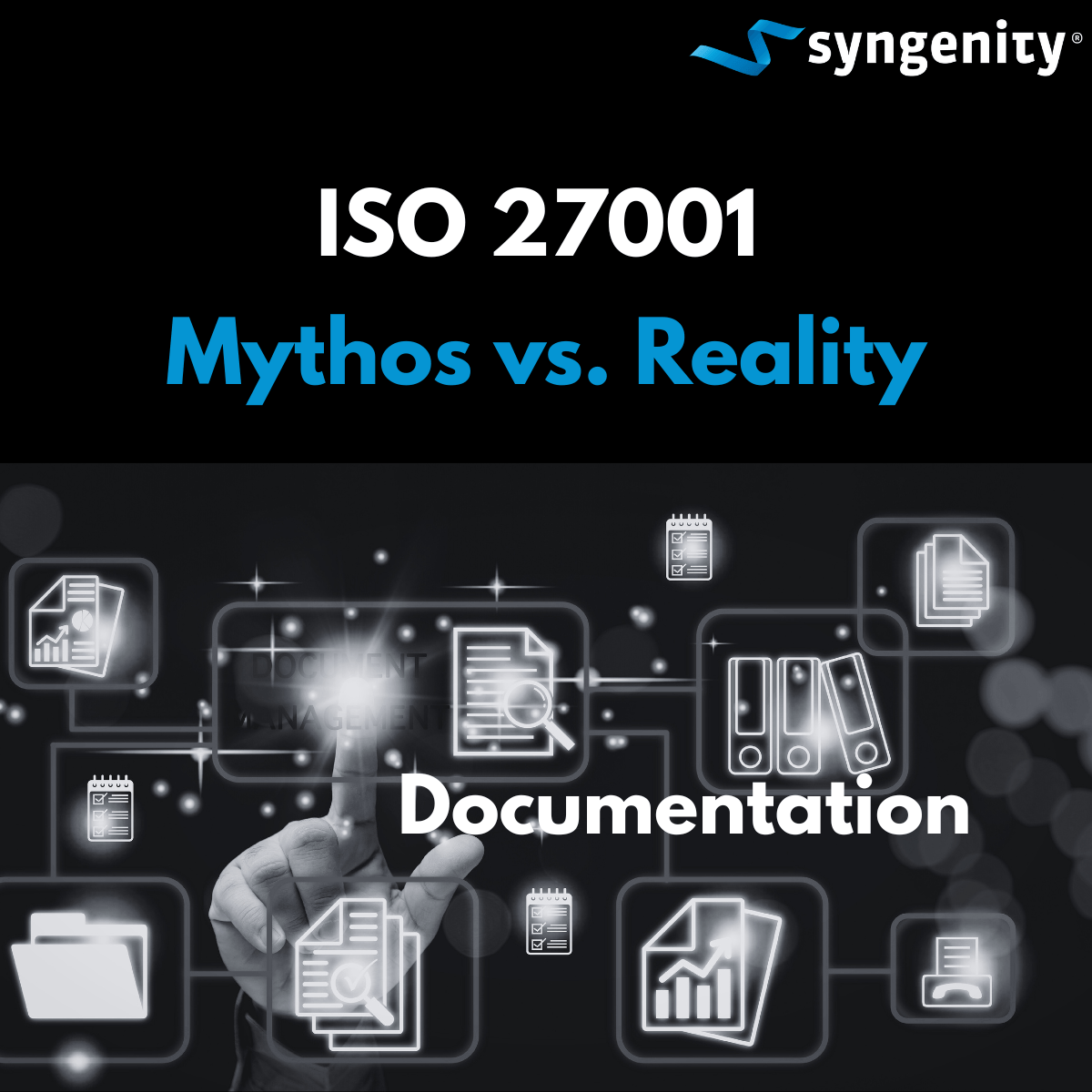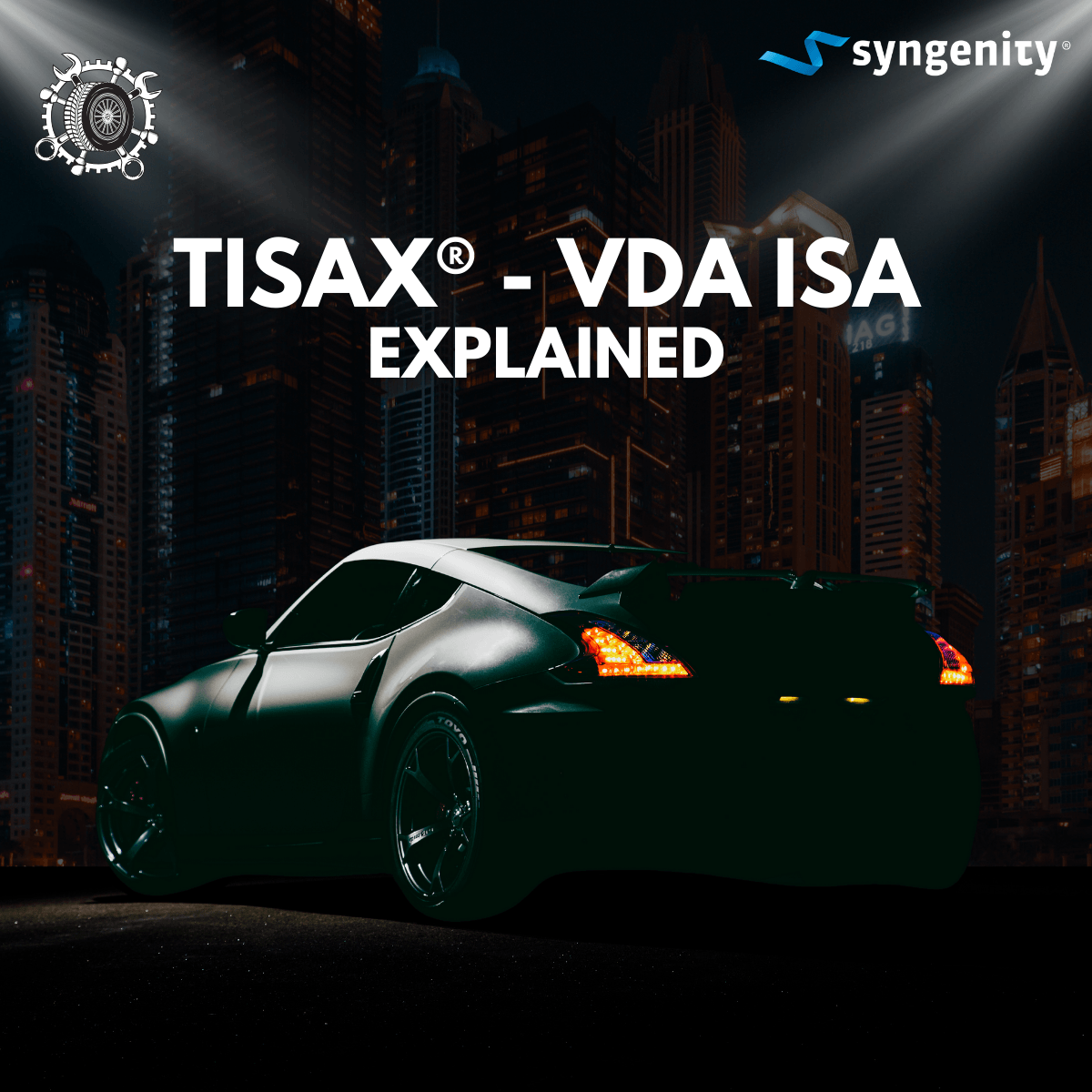ISO/IEC 27001:2013 will soon be replaced – act now!
The internationally recognized standard ISO/IEC 27001:2013 for information security management systems (ISMS) is about to be officially replaced. The transition period to the new version ISO/IEC 27001:2022 ends on October 31, 2025, from which date certifications under the old version will no longer be valid. Companies that do not convert their certification in time risk not only losing their ISO certification, but also significant compliance risks and a loss of trust among customers and partners.
This blog post explains why the transition to ISO/IEC 27001:2022 is important now, the risks of a delayed implementation and how Syngenity® GmbH can support you in a successful transition.
Why is the transition to ISO/IEC 27001:2022 so important?
ISO/IEC 27001 is one of the world’s leading standards for information security. It defines requirements for the introduction, implementation, maintenance and continuous improvement of an ISMS. The new 2022 version introduces numerous changes in response to current threats, technological developments and new regulatory requirements.
Companies that continue to rely on the outdated version run the risk of no longer complying with current security standards. This can lead to:
- loss of certification if auditors no longer recognize the validity.
- compliance violations, especially in the case of legal requirements such as the GDPR.
- This could lead to a loss of trust among customers, business partners and investors who value up-to-date security standards.
What will change in the new version ISO/IEC 27001:2022?
The new version brings both structural and content-related changes. The most important changes include
- Updating the controls: The number of controls has been reduced and regrouped. There are now 93 controls, which are divided into four subject areas: organizational, personnel, physical and technological.
- Introduction of attributes: Controls are now provided with attributes that enable better assignment and filtering.
- Stronger focus on current risks: Topics such as cloud security, data protection, threat analysis and business continuity are more integrated.
- Improved compatibility with other management systems: The structure has been adapted to the High-Level Structure (HLS), which facilitates integration with other ISO standards.
What happens if you don’t switch in time?
The transition period ends on October 31, 2025, after which certifications in accordance with ISO/IEC 27001:2013 will no longer be valid. Companies that have not converted by then must expect the following consequences:
- Loss of ISO certification, which can have a negative impact on tenders, customer contracts and internal compliance processes.
- Increased risks during audits, especially regulatory audits.
- Reputational damage, as customers and partners increasingly pay attention to current security standards.
- Cost-intensive improvements if the changeover has to be carried out under time pressure.
How does Syngenity® GmbH support you with the changeover?
As an experienced consultancy in the field of information security and data protection, Syngenity® GmbH supports companies in the successful transition to the new standard. Our approach is practical, structured and individually tailored to your organization.
Our services include:
- Gap analyses: We identify the differences between your current implementation and the requirements of the new standard.
- Project planning and roadmap: Together we develop a realistic schedule for the changeover.
- Training and awareness-raising: We train your employees on the new requirements and promote safety awareness.
- Documentation adaptation: We support you in updating your ISMS documentation, guidelines and processes.
- Support during recertification: We prepare you specifically for the ISO/IEC 27001:2022 audit.
What should you do now?
Don’t wait until the last moment. The transition to ISO/IEC 27001:2022 requires time, resources and careful planning. The sooner you start, the better you can integrate the new requirements and future-proof your organization.
We recommend the following steps:
- Start with a gap analysis to identify the need for action.
- Create a changeover strategy that takes your resources and time planning into account.
- Involve all relevant stakeholders, especially IT, compliance and management.
- Use external expertise to implement the changeover efficiently and in compliance with standards.
Conclusion
The transition to ISO/IEC 27001:2022 is not only an obligation, but also an opportunity to modernize your information security management and adapt it to current challenges. With the right planning and support, you can successfully master the transition and secure your organization in the long term.
Syngenity® GmbH is at your side as a competent partner – contact us and secure your compliance future today.

